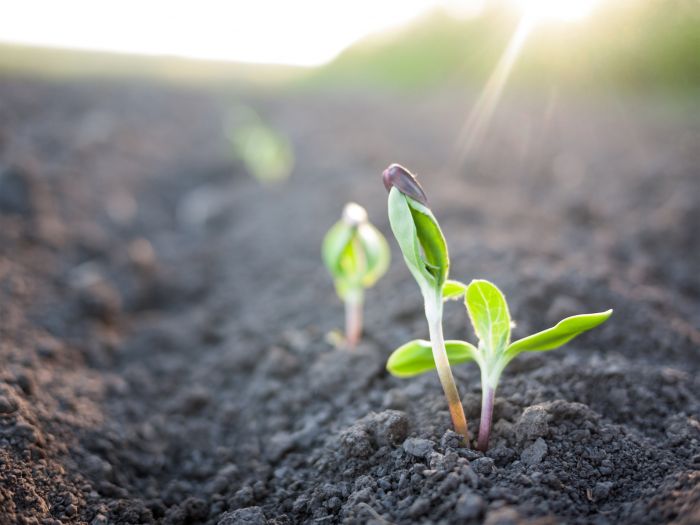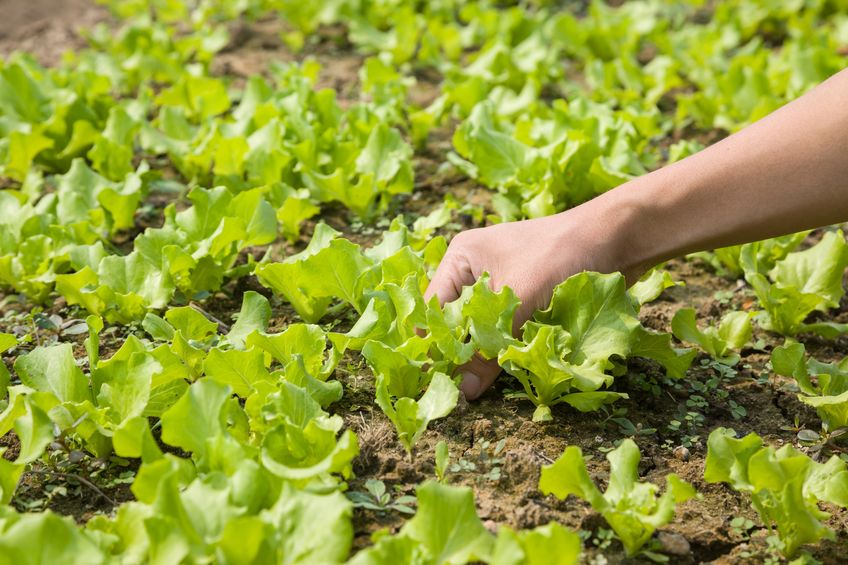
The biostimulants market is expanding rapidly, becoming more professional and offering potential for growers, according to a new research review.
Funded and published by AHDB Cereals & Oilseeds, the review explains the market, reviews commercially available biostimulant products and assesses claims made on labels.
The review, crucially, also evaluated a wide variety of literature sources to find evidence of benefits associated with the use of biostimulants.
Although product diversity made the process of detecting significant benefits challenging, some positive yield results were identified in cereal experiments.
The biostimulants market
The term ‘biostimulant’ covers anything added to the plant or soil that stimulates natural processes which benefit crops – excluding any fertilisation and pesticidal action.

In 2015, the global biostimulant market was estimated to have a value of $1 billion, with its value predicted to double by 2020.
In 2012, The European biostimulants market was estimated to be worth €400–500 million, making it the largest market for biostimulant products.
Dr Sajjad Awan, who manages natural resources work at AHDB, said: "The fuel for this market growth is mixed but the development of targeted biostimulant products by major agrochemical companies is playing an important role.
"It’s no longer just about high-value horticulture crops or organic production either – products are being targeted more and more at conventional arable crops.
"As market expansion has created a wake of academic literature, we commissioned this review to help growers judge whether the current suite of commercial products lives up to its claims."
The benefit of biostimulants?
Evidence for yield impacts associated with the use of biostimulants was reviewed for 11 broad product categories.
As limited data was available for UK field conditions, evidence from controlled experiments and non-UK field conditions was also used.
The reviewers found that nine of the 11 product categories were associated with a statistically significant increase in yield in at least one experiment.
For the most common product categories – seaweed extracts, humic substances, phosphite and plant growth promoting bacteria – statistically significant yield responses were observed for 3/7, 3/4, 4/17 and 13/15 cereal experiments, respectively.
Data for oilseed rape was found to be lacking for all products and no firm conclusions could be made.
Dr Kate Storer, who led the review at ADAS, said: "Unfortunately, the nature of these products makes it hard to demonstrate significant and consistent yield impacts in trials.
"It’s also worth noting that some products were associated with an improved tolerance to stresses, such as drought, and may help protect against yield losses.
"We need to better understand, however, management requirements of these products under UK field conditions to improve consistency of performance, both under experimental and commercial conditions."
Regulation
There is currently no specific framework for regulating biostimulant products but EU regulations may come into force as early as January 2018.
Dr Storer added: "It is likely that most products sold in the UK will fulfil these proposed regulations automatically, as they will be available across Europe.
"The regulations will help ensure that products meet minimum safety and environmental requirements.
"It will also mean, importantly, that label claims are backed up by product efficacy data.
"Developments like this make the market more professional and will help growers gain confidence and make better product choices."
The full report contains a list of biostimulant products marketed for use on cereals and oilseed rape crops in the UK, along with claims published on the product labels and detailed sections for each of the biostimulant product types.
